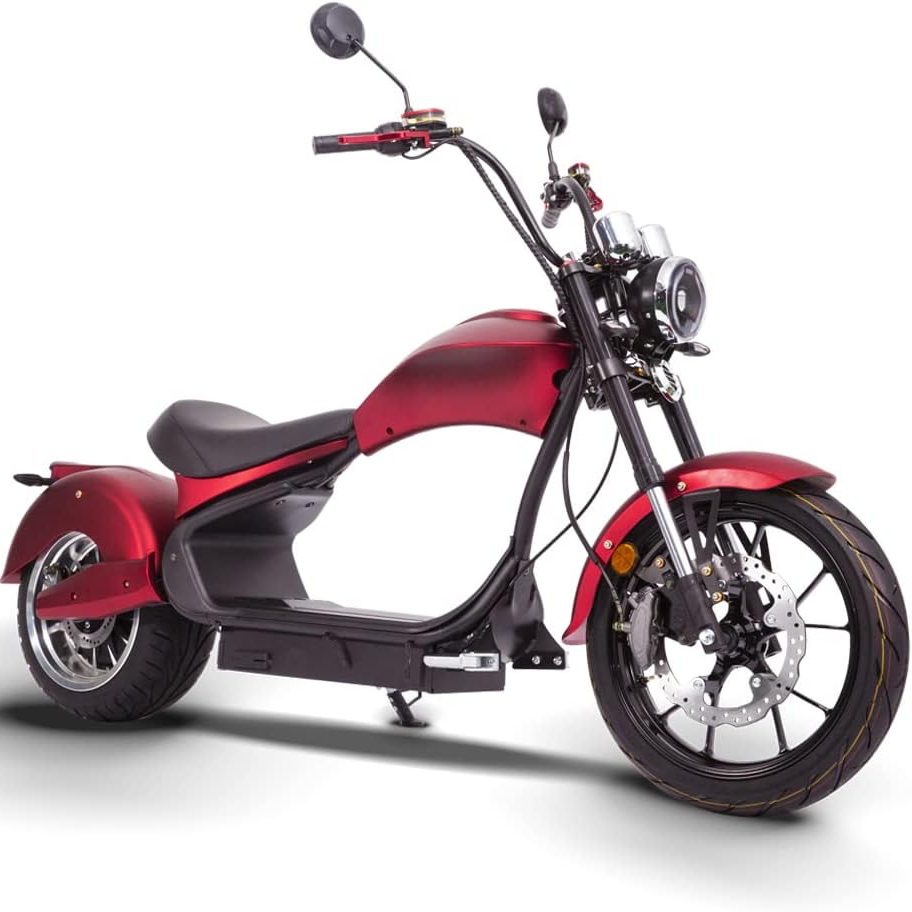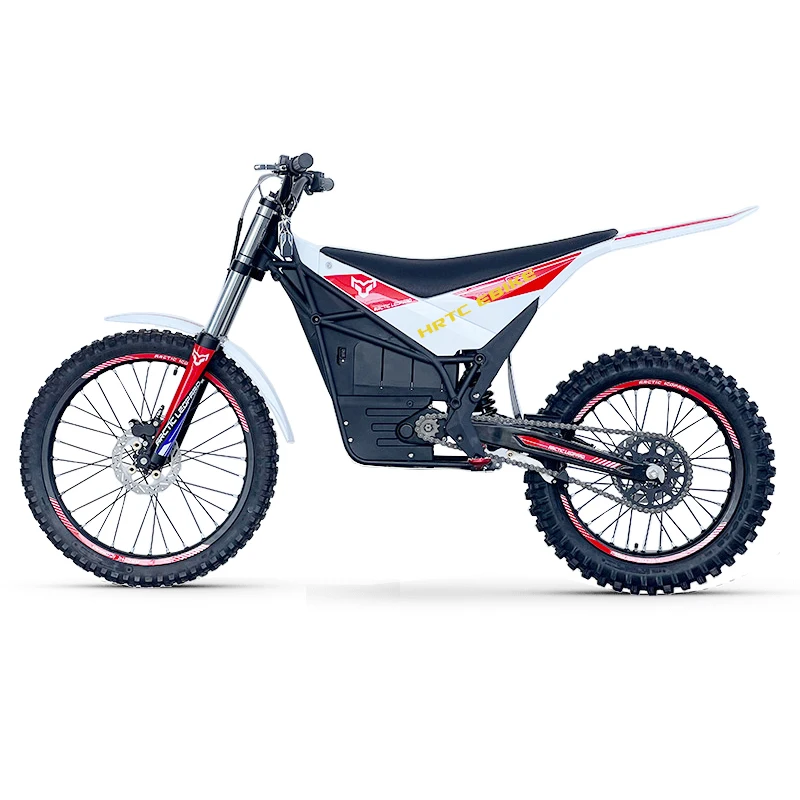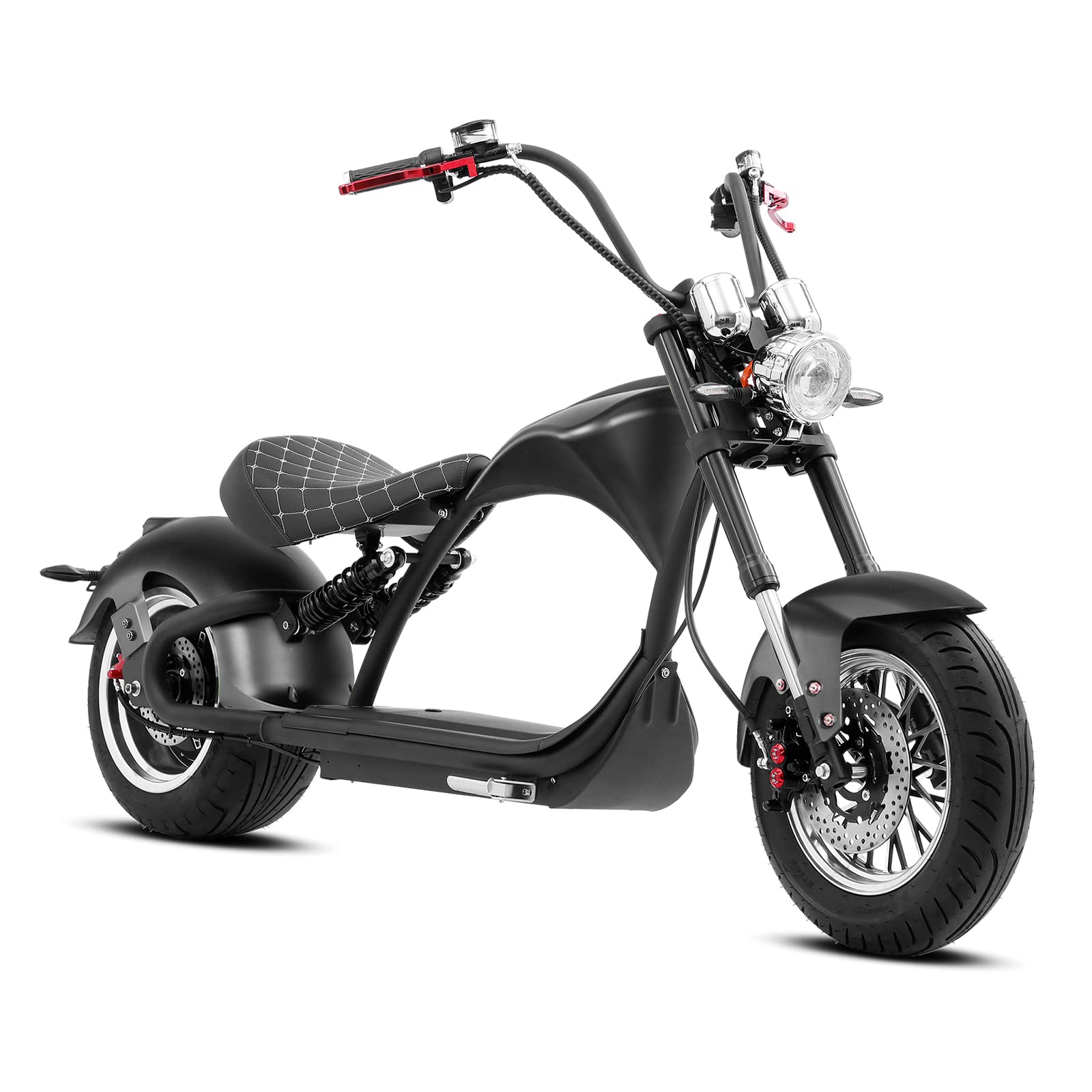Electric motorcycles have gained significant popularity in Pennsylvania in recent years. As the world shifts towards more sustainable modes of transportation, understanding the relevant laws surrounding electric motorcycles in Pennsylvania becomes essential for riders, manufacturers, and consumers alike. This article will delve into the various aspects of PA electric motorcycle laws, including definitions, registration requirements, equipment mandates, insurance protocols, and riding regulations.
What is Considered an Electric Motorcycle in Pennsylvania?
Under Pennsylvania law, an electric motorcycle is defined as a two- or three-wheeled vehicle that is equipped with an electric motor having a maximum power output of more than 1,000 watts (around 1.34 horsepower). To be categorized as such, it must also be capable of being powered solely by the electric motor. Understanding this classification is crucial for anyone looking to ride or manufacture electric motorcycles within the state.
Differences Between Electric Motorcycles and Other Electric Vehicles
It’s important to distinguish electric motorcycles from other types of electric vehicles. For instance, electric scooters generally fall under different regulations. The legal weight limit and maximum speed of these vehicles impact how they are categorized, affecting licensing and registration requirements. Motorized bicycles, often confused with electric motorcycles, also have distinct laws in Pennsylvania, emphasizing the need for clarity in definitions.
Registration Requirements for Electric Motorcycles
Just like traditional gasoline motorcycles, electric motorcycles in Pennsylvania must be registered with the Department of Transportation (PennDOT). The registration process involves several steps that ensure the vehicle is compliant with state laws.
Necessary Documentation
To register an electric motorcycle in Pennsylvania, the owner must provide an assortment of documents including:
- Proof of Ownership: This may be in the form of a bill of sale, previous registration, or manufacturer’s certificate of origin.
- Insurance Information: Electric motorcycle owners must have liability insurance coverage that meets Pennsylvania’s minimum insurance requirements.
- Form MV-1: This is the application for certificate of title, which must be completed and submitted to PennDOT.
- Payment of Registration Fees: Fees vary based on vehicle type and weight but are typically required at the time of registration.
Temporary Registration
Pennsylvania also allows for temporary registration for electric motorcycles. This can be beneficial for new owners who wish to ride their motorcycles before receiving permanent registration. The temporary tag is usually issued for 90 days, allowing enough time to gather all requisite documentation and comply with registration procedures.
Licensing Requirements for Electric Motorcyclists
To operate an electric motorcycle in Pennsylvania, riders need a valid motorcycle license or permit. The state has specific licensing classes that dictate what kind of motorcycle a person is permitted to ride.
Types of Licenses
- Class M License: This is a full motorcycle license that allows riders to operate any motorcycle, including electric ones. To obtain a Class M, individuals must pass both a written and a road skills test.
- Motorcycle Learner’s Permit: For those who are new to riding, this permit allows individual to practice riding under certain restrictions, such as no passengers and limited hours of operation.
Testing and Certification
Apart from obtaining a license, it is advisable to complete a motorcycle safety course. While not mandated, completing such a program can significantly help new riders in terms of skill development and confidence. Additionally, successful completion of an approved course may waive the road skills test requirement for the Class M license.
Equipment Requirements for Electric Motorcycles
In Pennsylvania, the laws specify certain equipment requirements that electric motorcycles must meet to be considered roadworthy. These regulations ensure safety for both the rider and other road users.
Mandatory Equipment
Electric motorcycles must come equipped with:
- Headlights and Taillights: Models must be fitted with a working headlight and a rear light to enhance visibility.
- Braking System: The motorcycle must have an adequate braking system that can effectively stop the motorcycle under various conditions.
- Mirrors: At least one rearview mirror is required for safe lane changes and awareness of the surrounding traffic.
- Horn: A functioning horn is mandatory to alert other road users of the rider’s presence.
- Reflectors: Reflectors are needed on the rear, front sides, and rear of the motorcycle, enhancing visibility especially during nighttime rides.
Additional Equipment for Safety
While not mandated, it is advisable for riders to invest in safety gear such as helmets, gloves, and protective clothing. Pennsylvania law does not require all motorcycle riders to wear a helmet, but wearing one reduces the risk of serious injury considerably.
Insurance Requirements
Insurance is a crucial aspect of owning an electric motorcycle. In Pennsylvania, there’s a statutory requirement for motorcycle insurance, which aims to protect riders and other individuals in case of an accident.
Minimum Coverage Levels
The state mandates that electric motorcycle owners carry liability insurance that includes:
- Bodily Injury Liability: This covers expenses related to injuries inflicted on others in the event of an accident. The minimum coverage is typically $15,000 per person and $30,000 per accident.
- Property Damage Liability: This component covers damages inflicted on another person’s property. The state requires a minimum coverage level of $5,000.
- Optional Coverage: Riders can opt for additional coverages such as collision, comprehensive, and uninsured/underinsured motorist coverage, which can provide further financial protection.
Obtaining Insurance
Finding the right insurance for an electric motorcycle involves comparing quotes from various insurance providers. Be sure to discuss the specific needs related to electric motorcycles, as some insurance companies may offer specialized policies tailored to electric vehicles.
 Riding Regulations and Rights
Riding Regulations and Rights
As with any vehicle, electric motorcycle riders must adhere to specific riding regulations established by Pennsylvania law. Understanding these regulations ensures that riders stay compliant while enjoying their time on the road.
Legal Riding Areas
Electric motorcyclists are generally allowed to ride on public roads, bike lanes, and multi-use paths unless prohibited by local ordinances. However, it’s important to be mindful of areas where motorcycle riding is not allowed or where specific restrictions may apply.
Lane Splitting and Riding in Groups
Pennsylvania does not allow lane splitting, meaning riders must remain in their designated lanes at all times. Furthermore, when riding in groups, it’s essential to maintain a safe distance between motorcycles to avoid accidents.
Age Restrictions
While there are no specific age limits for riding electric motorcycles, Pennsylvania law requires that riders below a certain age (typically 21 years old) must wear a helmet. Those who have completed a training course may be exempt from this requirement.
The Future of Electric Motorcycles in Pennsylvania
As battery technology continues to improve, electric motorcycles are increasingly becoming a viable alternative to traditional gasoline-powered bikes. Hence, staying updated with PA electric motorcycle laws is vital, both for current riders and potential buyers.
In Pennsylvania, the government actively encourages electric vehicle use, including motorcycles. This may lead to future changes in laws and regulations regarding registration, insurance, and incentives for electric motorcycle use. Continuous advocacy and education will foster a better understanding of electric motorcycles, paving the way for safer, more regulated riding experiences.
Conclusion
Overall, navigating the legal landscape of PA electric motorcycle laws can appear daunting, but it’s essential for anyone interested in owning or riding these innovative vehicles. From understanding registration requirements to adhering to safety equipment laws and insurance mandates, awareness is key. As electric motorcycles continue to grow in popularity, staying informed about changes in legislation will ensure that riders can enjoy the freedom of the open road while remaining compliant with the law. Ultimately, PA electric motorcycle laws represent an evolving terrain that riders must continuously adapt to in order to embrace a greener, more sustainable form of transportation.


